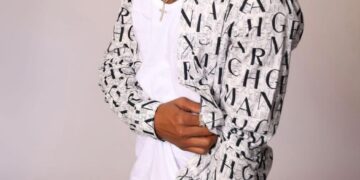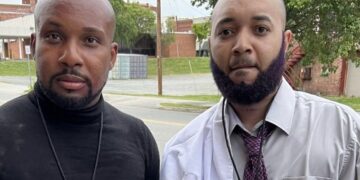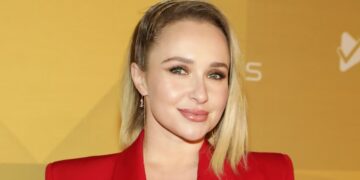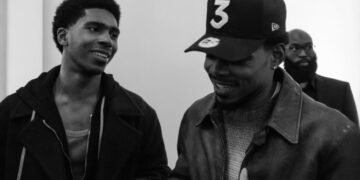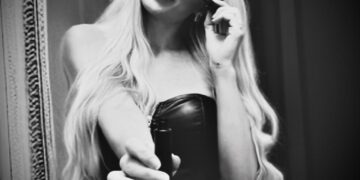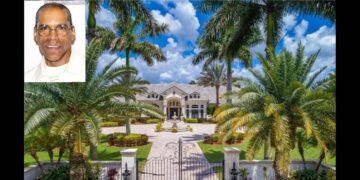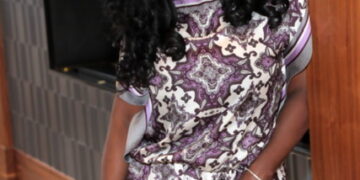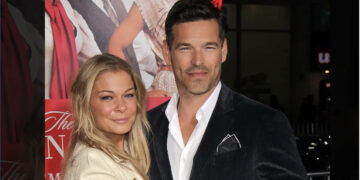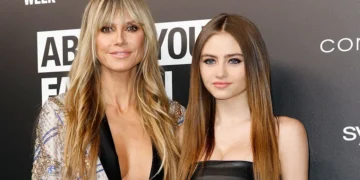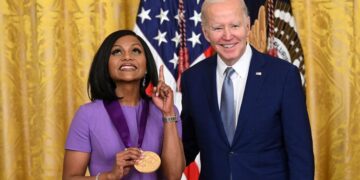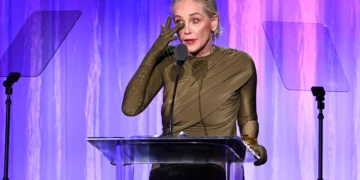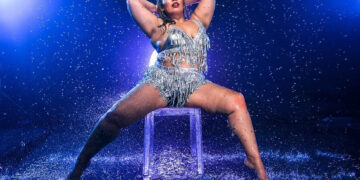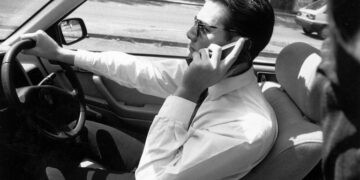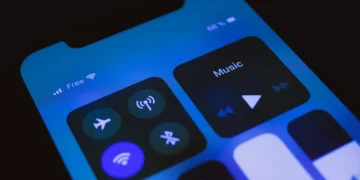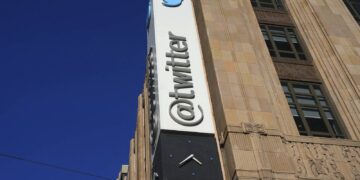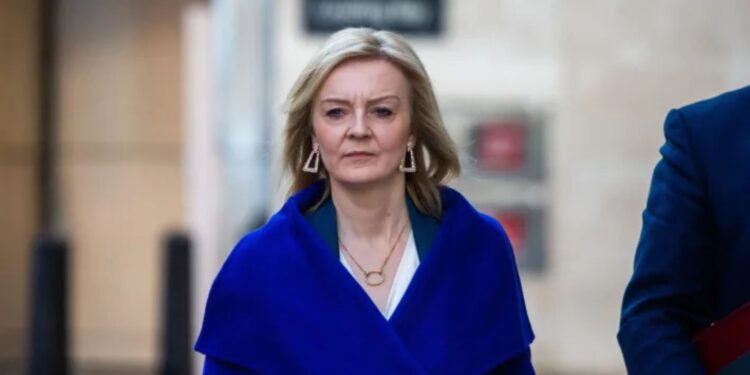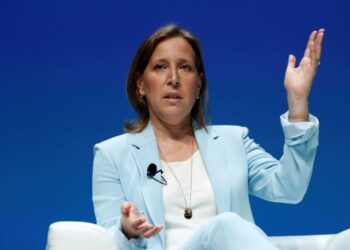Liz Truss is the front-runner to succeed Boris Johnson as Conservative party leader and UK prime minister. The Foreign Secretary campaigned to keep Britain in the EU but supported Brexit after the vote. She went from protesting Margaret Thatcher as a child to leading Oxford’s Liberal Democrat society and becoming a Tory favourite. Truss told ITV on Sunday, “My parents were left-wing campaigners, and I’ve been political ever since.” She confirmed it on BBC radio on Thursday.
Only former Chancellor of the Exchequer Rishi Sunak stands between Truss and the UK’s top job. She’s the bookies’ favourite, and YouGov’s survey of party members indicates she’ll comfortably win the runoff vote among the party’s grassroots. Truss, who turns 47 next Tuesday, has earned support from her party’s right flank by advocating free markets, low taxation, and screaming against the “nanny state”
By challenging the EU over Johnson’s Brexit agreement and writing a law overriding its terms on Northern Ireland, she’s won the respect of hardcore Brexit advocates. The foreign secretary hasn’t hidden her plans to succeed Johnson, socialising with colleagues at “fizz with Liz” and maintaining a highly maintained Instagram page.
She’s also been likened to Thatcher, whom she previously criticised. This may involve standing in a tank in Eastern Europe, like the former prime minister did in 1986. Truss made it to the final two rounds of voting after trailing Sunak and Trade Minister Penny Mordaunt. Mordaunt was defeated in a fifth-round voting. She’s been in the government since 2014, serving three prime ministers. She’s the longest-serving member of the government.
She was reared by left-leaning parents who attended anti-Thatcher protests and anti-nuclear rallies. 1975-born Truss was born in Scotland and raised in Leeds before attending Oxford to study philosophy, politics, and economics. She was an industrial economist for Shell, Cable & Wireless, and Reform.
“Stare”
She served as a councillor in southeast London for four years before being elected to the House in 2010. David Cameron appointed her to the Department for Education in September 2012. She became environment secretary in 2014.
Before becoming foreign secretary, she was justice secretary, Treasury chief secretary, and commerce secretary. Her cabinet experience qualified her for the top job, she remarked on BBC radio Thursday. Truss: I can bear pressure. “I’ve seen the worst jail riots since Strangeways, the worst floods in a decade, and Europe’s worst war.”
Truss has had problems garnering the respect of her peers, the media, and the public despite her long cabinet tenure. Her 2014 statement that it’s a “disgrace” that the UK imports most of its cheese went viral on Twitter this week.
According to more than a dozen people who know Truss, she’s awkward. She was noted for her “stare,” which is staring attentively into another person’s eyes while grinning silently. Allies think it’s a friendly gesture. It’s upsetting to some.
Deductions
Others said she was known among government officials for trying to control meetings by interrupting talks to disagree. According to people who have worked closely with Truss, her true feelings on political and policy issues are hard to discern. In interactions with EU officials, she couldn’t convince them she understood the details, and they were unhappy with her efforts to appear strong in meetings with Maros Sefcovic, one said.
Truss’s spokeswoman didn’t comment. Sunday, she admitted she “might not be the slickest presenter.” Truss’s admirers say she’s relatable because she has humble roots. Truss criticised Sunak’s private school education during the Sunday broadcast debate when Sunak asked if she regretted being a Lib Dem or remainer more. She contrasted that with her own state school experience, where youngsters were “let down.”
Right-wingers hailed her plans to cut taxes by £34 billion ($41 billion), and she criticised Sunak for limiting growth. Her plan to increase borrowing to pay for tax cuts frightened some. She often mentions the accords she negotiated as trade secretary, which is popular with small-state conservatives.
Truss told the BBC that Sunak is not the “continuity economic policy candidate” With the support of Tory MPs like Kwasi Kwarteng, Jacob Rees-Mogg, and Nadine Dorries, she advanced to the party’s final ballot of 175,000 members. She has public support and led ConservativeHome’s cabinet minister rankings for a year till February. In the most current poll of party members, she placed third with 49 points. Johnson’s -3 was lower than Sunak’s.



